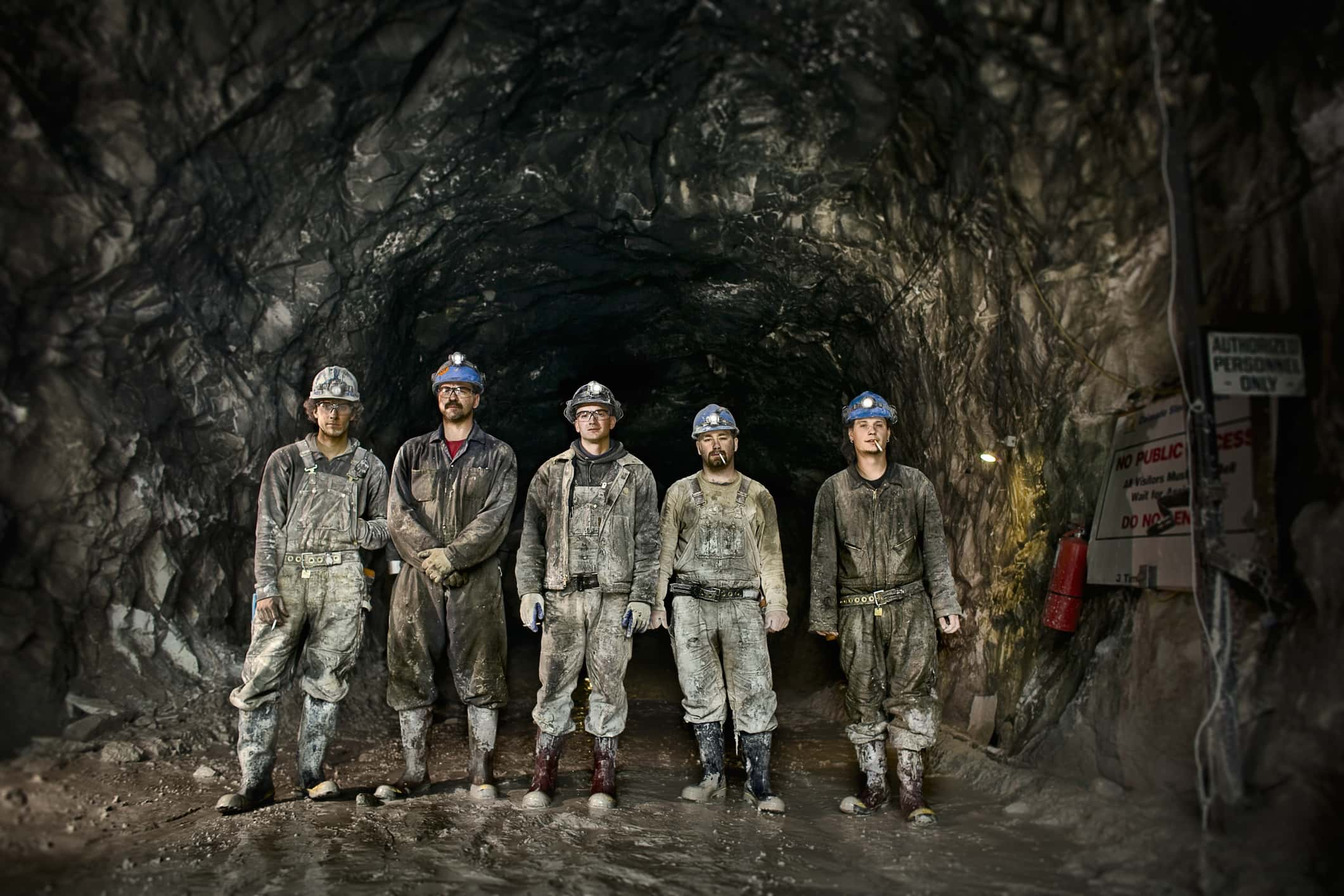Mining sites in 18 countries hit hard by Covid-19 after they were deemed essential by governments: Report

Even as Covid-19 brought the world to a standstill, the mining industry stayed active in the US, Canada and other regions. It did not take long for the coronavirus to turn these mines into its hunting grounds, infecting nearly 4,000 workers in 18 countries, according to a report.
In Siberia, at least 866 mine workers tested positive for Covid-19. The situation was not too different in Peru. About 210 workers contracted the virus at Antamina copper mine, as of April 30. About 43 died. Workers alleged that the company did not take the threat seriously despite confirming its first case on March 31. The report provides detailed accounts of the outbreaks in mines across countries.
The industry was labeled essential as the pandemic took hold. "Mining companies and many governments have pushed to categorize mining as an essential service, enabling operations to continue despite the substantial risk. In doing so, they have become key vectors for the spread of the virus and are putting communities, rural and urban populations, and their workforces, at great risk," an international coalition of non-profit groups wrote in their report.
What is more, members of rural and indigenous communities bear the brunt of mining industries. They are exposed to harmful pollutants generated from mines, making them vulnerable to Covid-19. They are struggling to protect themselves from potential outbreaks, says the report.
The mining industry is one of the most polluting, deadly, and destructive industries in the world, say the experts. "We reject the central claim that mining represents an essential service either now or for the period of economic recovery," they added. The experts interacted with affected communities, workers, and civil society organizations, reviewed over 500 media sources, press releases, and reports on mining to inform these findings.

In the US, the pandemic has reduced federal and state agencies' efforts in monitoring and enforcing mining. Meanwhile, the Trump administration has eased enforcement of environmental laws on polluting industries, to help industries hit by the pandemic.
The report also said governments are trying to quash protests on public health concerns over mining operations. They have deployed state forces — military and police — to silence protesters. For instance, in Turkey, authorities violently evicted people camping out in protest against Alamos Gold’s Kirazli mine, citing Covid-19. In their report, the experts are calling on on international human rights bodies to pay close attention and actively condemn violations committed by governments and mining corporations.
It also said these companies cover their "dirty tracks" by providing free tests to affected communities and workers. "This is a poor cover for the long-term health impacts that regularly result from mining activities and the often underhanded ways in which these same firms operate," they wrote.
Responding to the report, Pierre Gratton, president and chief executive officer of the Mining Association of Canada (MAC), tells The Guardian that many of the allegations and comments in the report “grossly misrepresent the facts”, adding that companies that are a part of MAC are Covid-19 free. The industry “supports manufacturing, including a number of healthcare products”, explaining why governments have deemed the industry essential, he added.